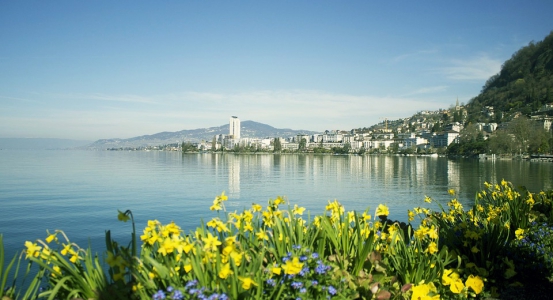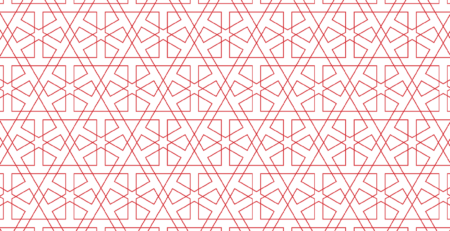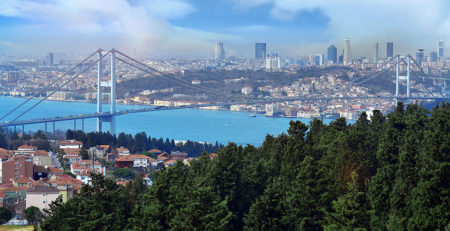Middle East Practitioners Platform II – Public Report
Geneva, 22 – 24 November 2016
Author: Catherine Germond
Middle East Platform II: Promoting social cohesion and interaction through the notion of citizenship (November 2016)
Executive Summary

The Cordoba Foundation of Geneva, in partnership with the FDFA’s Human Security Division (HSD), conducted this second Middle East Platform as part of the Middle East programme whose aim is to promote peaceful coexistence between groups with different worldviews by reinforcing non-violent conflict transformation mechanisms.
The main assumption of this programme is that the intra-Muslim tensions need to be addressed urgently for the sake of peaceful coexistence in the Middle East. These tensions are considered major obstacles to non-violent conflict transformation in several sites of conflicts in the Middle East as well as to peaceful continuation of political transitions with a democratic and citizenship-based perspective.
Five countries were represented (Bahrain, Iraq, Lebanon, Saudi Arabia and Yemen). Delegations of practitioners (political actors, civil society activists, academics, journalists, human rights activists) from these countries had the opportunity to discuss the different contexts of each country, their different experiences, as well as transversal issues raised by these tensions. The dialogues focused on living together within a national space and were based on the principles of citizenship and respect for pluralism. All the discussions were oriented into practice, in order to avoid doctrinal and geopolitical aspects within this discussion space.
The objectives of this meeting were as follows:
- Strengthen and broaden the network of regional experts and influential actors who are willing to engage in addressing these tensions and promoting citizenship and inclusive societies to enable them to take sustainable conflict transformation initiatives both locally and with a regional impact;
- Follow-up of the country-based developments and on-going projects since the first Middle East Platform held in June 2016;
- Identify and discuss entry points for future engagement within the framework of this program;
- Design the next steps.
The meeting was the opportunity for intense and fruitful exchanges among participants. It reached its objectives, more particularly resulting in a general agreement to study the reality of religious and sectarian media and to investigate how “hate-speech” can be monitored and countered. Furthermore, specific practical project ideas to promote social cohesion in each of the countries represented were discussed and the participants agreed on the necessity to promote communication and interaction among people with different confessional backgrounds and religious references at a national and a regional level.
Media coverage:









